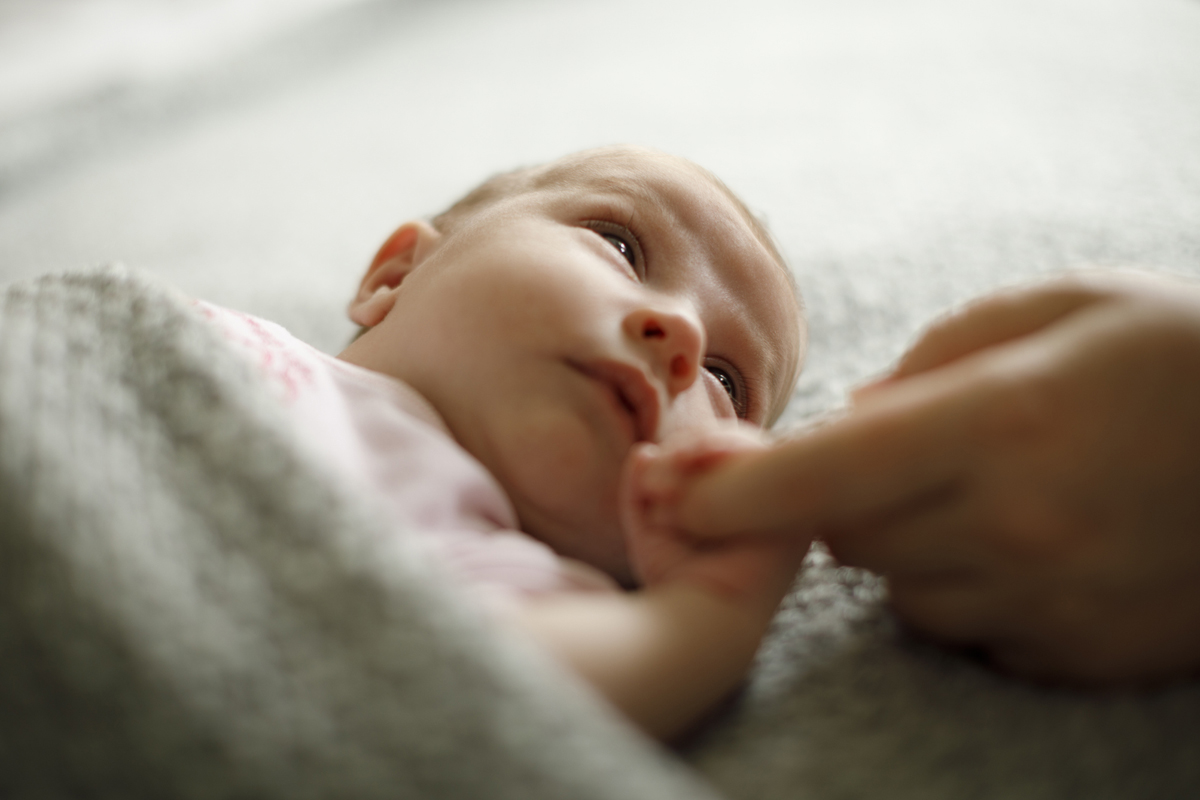Okanagan hospitals saw a bit of a baby bump in 2021.

According to Interior Health, last year there were 6,136 newborns in its hospitals, an increase of 489 births from 2020. That nine per cent boost averaged out to 511 births per month, while in 2020, the average was 471 births per month.

For Kelowna, that amounted to 1,808 births in 2021, which is a 12 per cent increase from 1,611 in 2020. In Penticton, the number of births rose 23 per cent to 570 in 2021 from 465 a year earlier. Vernon saw the number of babies born rise seven per cent in 2021, to 827 from 771.
Throughout the region, Kootenay Boundary Regional Hospital in Trail saw the largest percentage increase with a 30 per cent increase in births compared to 2020.
“Interior Health is happily welcoming our tiniest patients to the world as communities grow throughout the region,” said Susan Brown, president and CEO of Interior Health, in a release.
“I would like to congratulate all of the families who welcomed newborns last year and thank our dedicated maternity teams for ensuring the highest quality of care for these little ones and their families.”
This boost, locally at least, indicates there may have been a changed mindset among Canadians. Just in December 2021, the first series of the Canadian Social Survey ― COVID-19 and well-being found that 24 per cent of people aged 15 to 49 made changes to their fertility plans because of the COVID-19 pandemic.

Overall, 19 per cent of people reported that because of the pandemic, they now want to have fewer children than previously planned, or to have a baby later than previously planned. In contrast, four per cent reported that they now wanted to have more children than previously planned, or to have a baby sooner than previously planned.
The survey also found that individuals who currently had no children were twice as likely to now want to have children later, or to have fewer children, than persons who were already parents, 25 per cent versus 12 per cent.
Additionally, three in ten (31 per cent) people aged 25 to 34 wanted fewer children or to have them later as a result of the pandemic, while these changes were significantly less likely among both the youngest childbearing group (aged 15 to 24) and the oldest (aged 35 to 49).
- ‘She gets to be 10’: Ontario child’s heart donated to girl the same age
- Bird flu risk to humans an ‘enormous concern,’ WHO says. Here’s what to know
- Buzz kill? Gen Z less interested in coffee than older Canadians, survey shows
- Shoppers faces proposed class action over claims company is ‘abusive’ to pharmacists





Comments